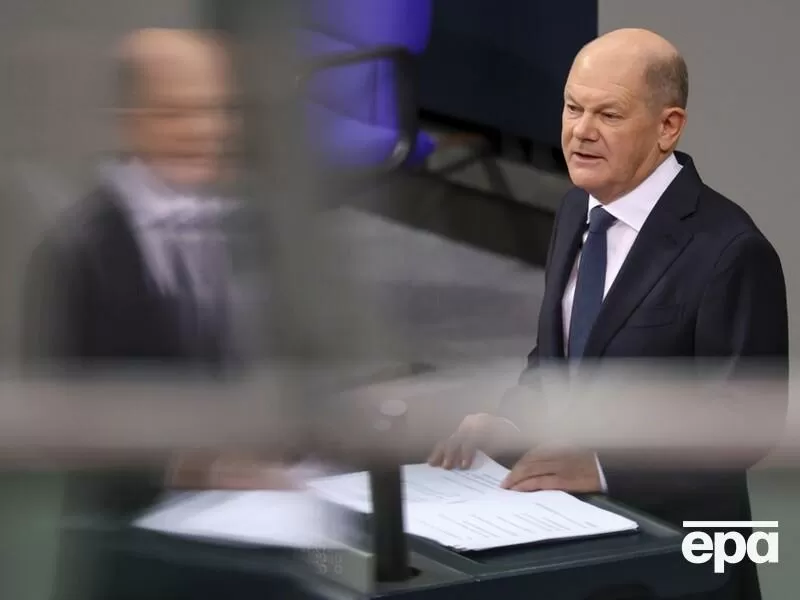On December 16, the Bundestag voted to dissolve the government of Germany led by Chancellor Olaf Scholz. This decision was announced by «Bild in Russian».
The vote for the dissolution of the government came after months of political turmoil in Germany. In September, the country held federal elections, which resulted in a fragmented parliament with no clear majority. This led to lengthy negotiations to form a coalition government, which ultimately resulted in the formation of a coalition between the Social Democratic Party (SPD), the Greens, and the Free Democratic Party (FDP).
However, this coalition has been plagued by internal conflicts and disagreements, particularly between the SPD and the FDP. This has led to a lack of progress on key issues and a growing sense of frustration among the German public.
In light of these challenges, Chancellor Scholz called for a vote of confidence in the Bundestag. The vote, which required a simple majority, was seen as a test of the government’s stability and ability to govern effectively.
In a surprising turn of events, the Bundestag voted in favor of dissolving the government, with a majority of 355 out of 709 members supporting the motion. This decision effectively ends the coalition government and triggers new elections, which are expected to take place in the coming months.
The decision to dissolve the government has been met with mixed reactions. Some see it as a necessary step to break the political deadlock and allow for a fresh start. Others view it as a failure of the current government to effectively govern and address the pressing issues facing Germany.
In his statement following the vote, Chancellor Scholz expressed disappointment but also acknowledged the need for a new direction. He stated, «I respect the decision of the Bundestag and will work towards a smooth transition to new elections. It is time for a new government to address the challenges facing our country.»
The dissolution of the government has also sparked speculation about the future of Chancellor Scholz. As the leader of the SPD, he has been seen as the driving force behind the coalition government. However, with the dissolution of the government, his position as chancellor is now uncertain.
Despite the uncertainty, there is a sense of optimism among many Germans about the potential for change and progress with a new government. The upcoming elections will provide an opportunity for the people to voice their opinions and shape the future of their country.
In conclusion, the decision to dissolve the government of Germany has been met with mixed reactions but also presents an opportunity for a fresh start. As the country prepares for new elections, the focus will be on addressing the pressing issues and finding a stable and effective government to lead Germany into the future.

